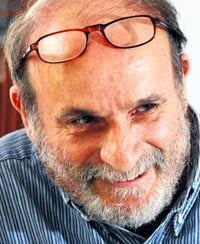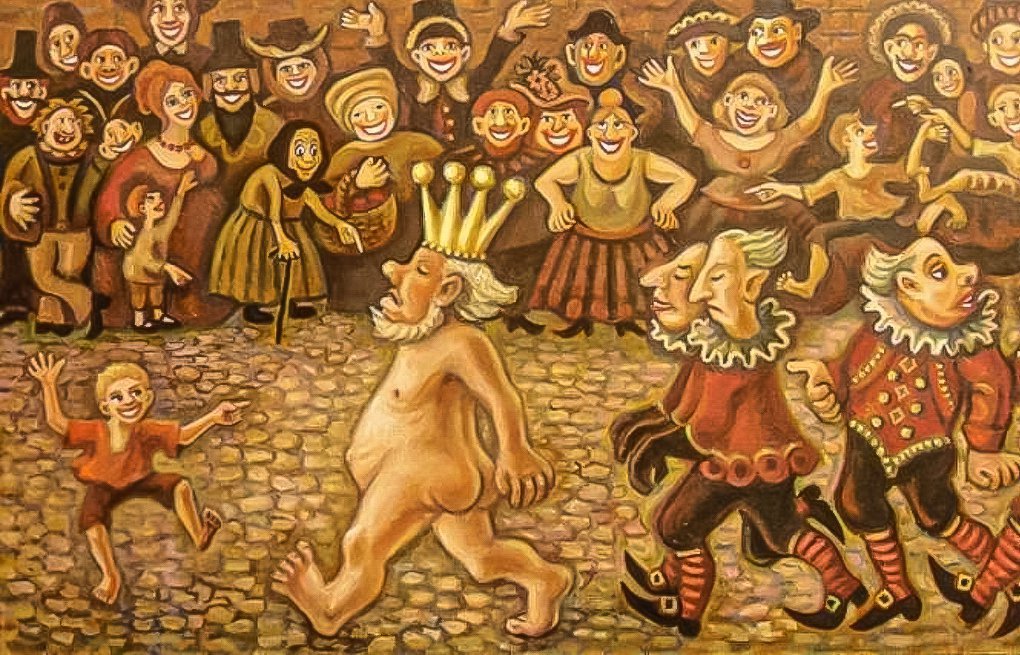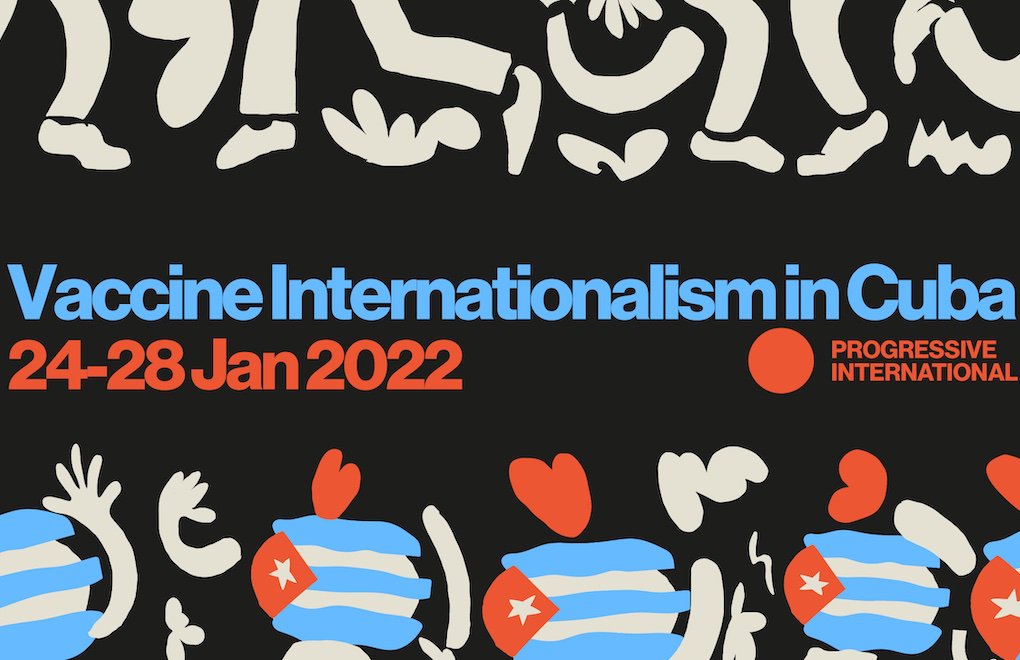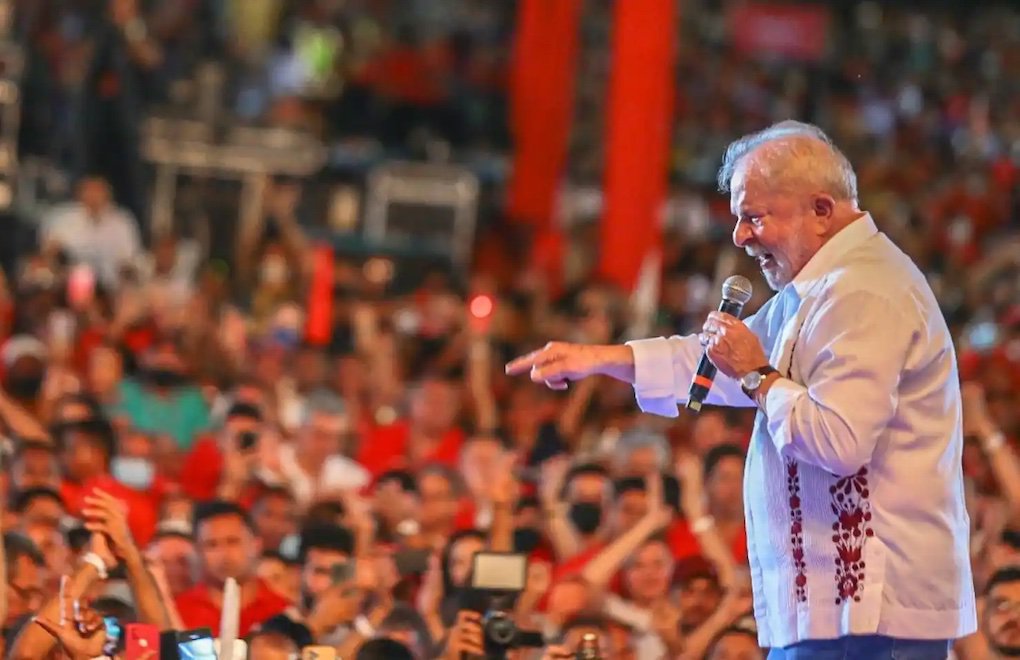''It's a great success,'' he says.
''No other country on the globe is supported by the IMF on such proportions,'' Dervis told journalists this week. ''This is a great success for the government...But of course it's a very big responsibility as well.''
Dervis is optimistic that the loan will propel Turkey to the "path of prosperity by mid-summer." He also expects it to stimulate Turkey's stagnated economy and reduce interest rates.
The IMF, after considering Turkey's letter of intent on Wednesday, granted the country a fresh loan of 12 billion US Dollars for 2001 in addition to 3.8 billion dollars granted in November 2000.
The government believes that the loan will attract foreign capital and credits from overseas that ceased after the financial breakdown in February which caused the devaluation of the local currency by 40 per cent.
Turkey's debt -- both foreign and domestic -- stands at 85 billion dollars.
Dervis, emphasising the pledges in Turkey's letter of intent to the IMF, warns the country's political class to "keep their hands off the economy to allow the market laws to function properly."
Turkish media have welcomed the minister's "success" in obtaining the loan. Welcoming Dervis' persistence on minimising government intervention in the economy, and on privatising Turkey's loss-making public corporations, the daily Sabah, Wednesday ran a headline: "A new Turkey is born".
The letter of intent, released Tuesday, pledges that major public banks, the strongholds of Turkey's "crony capitalism", will be merged and privatised in three years. State subsidies to beetle and tobacco farming will be stopped, and state-owned oil, telecom, airlines, steel, tobacco and spirits and energy distribution industries will be privatised.
Turkey's economy is envisaged as shrinking by three per cent. Its per capita income has dropped from 2,576 dollars to 3,092 dollars in 2000 and inflation rate stands at 52 per cent.
Other analysts, however, do not share Dervis' enthusiasm. One of them, Mustafa Sonmez, an economist, says "foreign creditors are relieved and we are doomed to a bleak future".
He says, "Turkey's domestic debt will reach 120 billion dollars and foreign debt to another 120 billion dollars. That is a horrific picture: A country that is indebted more than its annual income is not a new country."
Sonmez says, "with three per cent shrinkage in the economy inflation rate cannot be 52 per cent. The real rate might be around 85 per cent".
He warns that "the agricultural sector will be affected by the new economic policies and these groups are unlikely to be appeased with words".
"Even if the economic programme is successfully implemented it will leave behind an enormous social inequality, a heavily distorted urban-rural divide. Eventually the cities will be crowded with millions of impoverished farmers," he told IPS.
Sonmez also points at the difficulties in Dervis' implementing his schemes of eliminating "crony capitalism".
"Turkey's political class will not easily hand over their control of state economic enterprises. Even his colleagues in the coalition government will resist him," he says.
Saruhan Oluc, of the Freedom and Solidarity Party, who campaigns against IMF-backed economic restructuring schemes, fears that "the implementation of Dervis' economic programme will cause major impoverishment both in the city and
in the countryside."
Supporters of Dervis's approach, albeit pointing to scores of difficulties, however believe that his programme is merited by the major structural changes envisaged in freeing the functioning of Turkish economy of political control.
"Implementation is the essence of its success," says economic analyst Fatih Ozatay of Istanbul daily Radikal. "This is a hurdle race, with a slightest tumbling, the present optimistic atmosphere might change. But if it succeeds we will be living in a rationally functioning economy."










